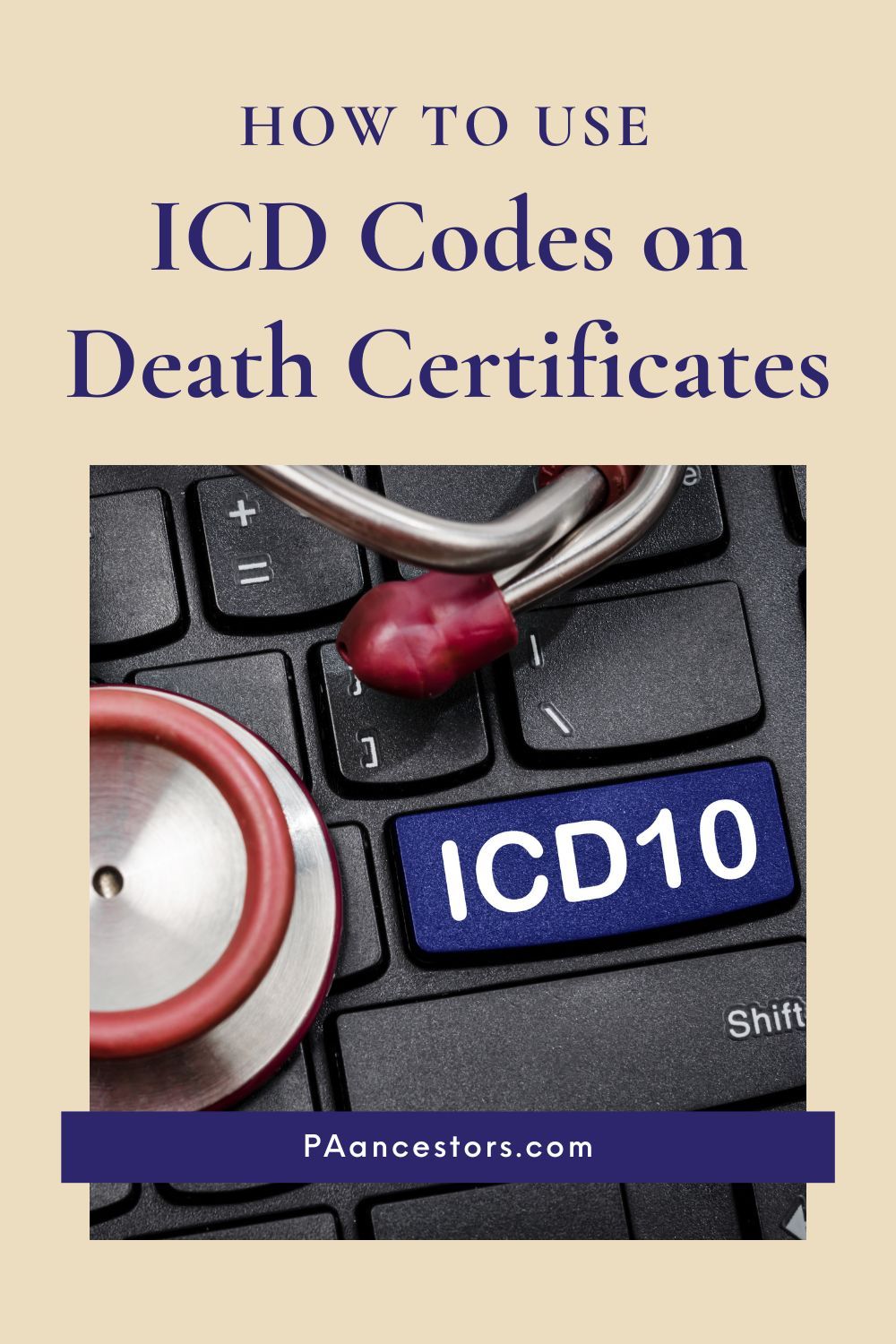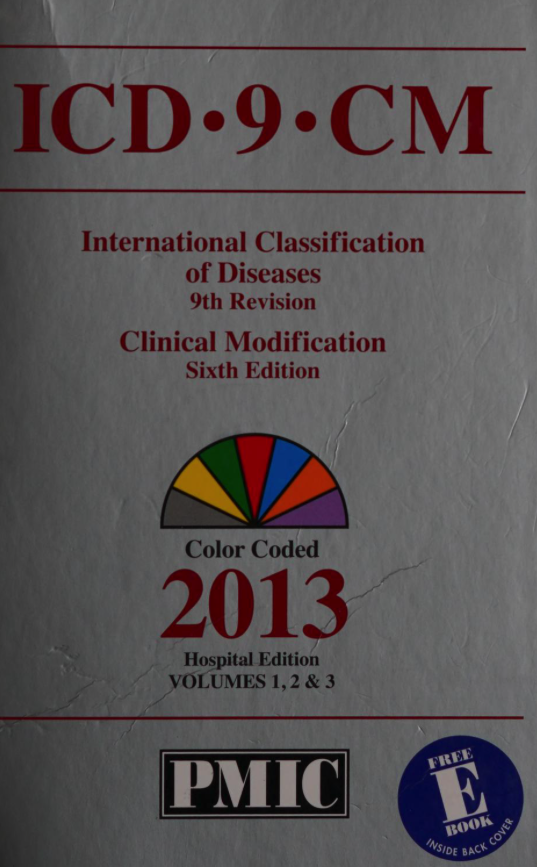Studying Historical ICD Codes to Deepen Genealogy Research
Learning the meaning behind the ICD code on an ancestors' death certificate can unlock new meaning and context for their death. Here's how to find historical ICD codes for genealogy research.

Ever since the very first death certificates were issued by health departments, ICD codes have been included.
What are ICD codes? ICD stands for International Classification of Disease and the code is all numbers. The International Classification of Disease is a standardized system for categorizing human causes of death using 3 or 4-digit numbers, The ICD code is written on death certificates by health departments. It facilitates the gathering of valuable statistical data for various public health studies and analyses.
This article delves into the significance of historical ICD codes and how genealogists can use that information to understand their ancestors' health and mortality patterns.
The Evolution of Historical ICD Codes
The International Classification of Disease (ICD) has been an essential tool in the field of medicine and public health for over a century. ICD codes serve as a simple way to classify the cause of death, allowing for standardized reporting and analysis. Over time, these codes have undergone updates and revisions to accommodate changing medical knowledge and advancements.
For genealogists and researchers exploring the 20th-century lives of their ancestors, understanding the historical ICD codes is crucial. Although the original ICD codebooks are not digitized, enthusiasts have transcribed historical ICD code lists, offering valuable insights into the evolving classification system.
One source of historical ICD code lists is Wolfbane.com. Note that these listings were periodically updated every 8 to 15 years, growing in length and detail with each revision. Additionally the terminology for diseases has changed over the decades. For example, "cerebro-spinal fever" in 1900 was called "meningitis" by 1938.
Unearthing Ancestral Stories through ICD Codes
In the realm of genealogy research, death certificates are one of the essential documents every family historian gathers.
When examining ancestral death certificates, take note of the ICD code of the corresponding time period can unlock a wealth of information. The code is usually handwritten in the area where the doctor notes the cause of death. In Pennsylvania the ICD code of 3 or 4 numbers is written in blue or red pencil.
Now take that code, plus the year of death, and reference the historical ICD listings. You'll now know another level of detail and context for your ancestor's death.

For instance, if an ancestor's death was attributed to an epidemic disease like typhoid, cholera, or influenza, this opens avenues for further exploration. One valuable research approach involves scouring local newspapers from the ancestor's county, searching for accounts of other victims who succumbed to the same cause of death. This type of research shows the impact of contagious diseases on communities and reveals untold stories for today's family historian to tell.
By examining the changes in ICD codes over time, genealogists can discern shifts in disease prevalence, medical terminology, and diagnostic practices. Moreover, these historical codes offer valuable insights for modern-day medical professionals and researchers, facilitating retrospective studies on disease trends and medical progress.
Preserving the Past for Future Generations
As custodians of our family's heritage, genealogists bear the responsibility of preserving historical ICD codes. By transcribing and sharing these code lists, capture the valuable information they hold and contribute to the collective knowledge of the genealogy community.
In conclusion, historical ICD codes enable us to peer into the medical landscape of long ago eras. The integration of ICD codes into death certificates revolutionized the way we analyze mortality data, shaping the foundation of modern public health research. For those looking to extract as much information as possible from records of their ancestors, understanding the significance of these codes is an invaluable asset.
© 2019–2023 PA Ancestors L.L.C. and Denys Allen. All Rights Reserved.
